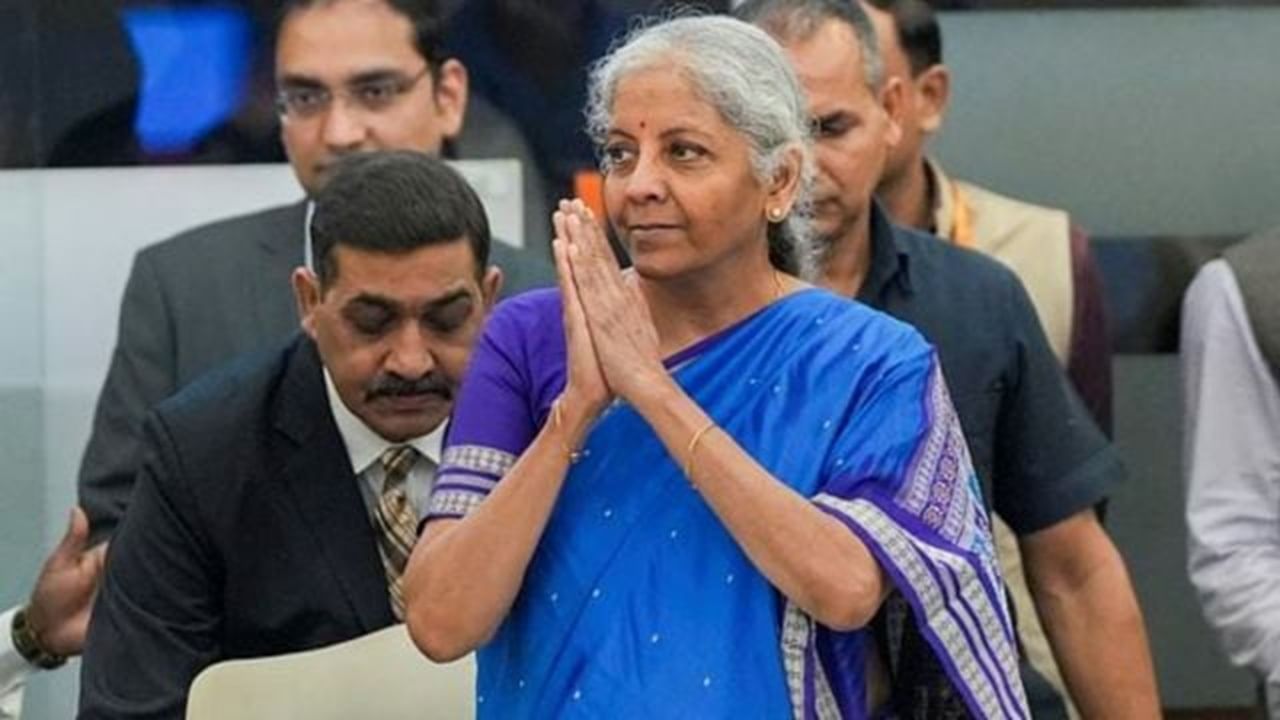New Delhi: Swadeshi Jagran Manch welcomed the bold GST reforms announced by the Central Government under the leadership of Prime Minister Narendra Modi, which give concrete shape to his call from the Red Fort on August 15 to adopt Swadeshi and make the nation stronger.
The reduction and rationalisation of GST rates is not merely a fiscal measure, but a Swadeshi-oriented reform that will promote domestic industries, empower MSMEs, support traders and artisans, and strengthen the foundation of Make in Bharat and Atmanirbhar Bharat. Since its inception in 1991, Swadeshi Jagran Manch has consistently created awareness among the masses to adopt Swadeshi, firmly believing that our nation can prosper only on the basis of Swadeshi and self-reliance.
In the present scenario of global uncertainties, where supply chains, payment systems and currencies are being weaponised, where the USA and other countries are erecting tariff walls and non-tariff barriers, and where countries like China are dumping goods to kill our manufacturing, these GST reforms serve as a vital instrument to protect our national interests. Lower GST on essentials and locally produced goods will save valuable foreign exchange while simultaneously promoting employment, livelihoods, and welfare through a decentralised model of development.
From a macroeconomic perspective, Swadeshi Shodh Sansthan observed that these reforms represent a structural shift in Bharat’s growth trajectory. By lowering the tax burden on households and MSMEs, disposable incomes and consumption demand are expected to rise, generating a strong multiplier effect on GDP. Past evidence suggests that a 1% increase in household consumption can raise overall GDP growth by nearly 0.3 percentage points.
According to the Ministry of MSME, the sector contributes around 30% of GDP and employs over 110 million workers. With reduced compliance costs and rationalised taxation, MSMEs will be able to expand production and create substantial employment. Studies indicate that every Rs 1 crore of output in the MSME sector generates 5–7 additional jobs, meaning GST relief can add lakhs of jobs annually. Agriculture, engaging nearly 43% of Bharat’s workforce (PLFS 2023–24), will also benefit through lower taxation on agri-inputs and food-processing machinery, boosting productivity and rural incomes while strengthening farm-to-industry linkages.
Swadeshi Jagran Manch firmly believes that the external sector stands to gain as well from these GST reforms. Bharat’s merchandise exports in 2023–24 stood at USD437 billion (DGFT data) yet labour-intensive sectors like textiles, leather, and food products continue to face disadvantages against competitors such as Bangladesh and Vietnam.
Rationalised GST will lower cost pressures, improve competitiveness, and potentially add 5–7% growth in exports over the medium term. It will also help reduce Bharat’s overdependence on cheap imports from China, where the trade deficit remains dangerously high at nearly USD100 billion (Commerce Ministry, 2023–24). On the fiscal front, simplified GST structures encourage formalisation. Collections have already averaged Rs 1.6 lakh crore per month in 2023–24 (GST Council data), and rationalisation will broaden the tax base while sustaining buoyant revenues for public investment.
These outcomes such as higher growth, job creation, export dynamism, stronger agriculture, and fiscal resilience are aligned with the vision of Dattopant Thengadi ji(founder of Swadeshi Jagran Manch), who emphasised that economic policy, must harmonise growth with self-reliance, protect the dignity of labour, and decentralise economic power. He believed that without empowering small producers, farmers, and workers, Bharat’s development would remain incomplete. By easing the burden on MSMEs, agriculture, and local industries, GST reforms advance the Swadeshi model he articulated, where prosperity is rooted in national interest and people’s welfare rather than dependence on foreign monopolies.
In contrast to U.S. tariffs of up to 50% on steel, aluminium, EVs, and solar imports which have threaten Bharat exports worth over USD5 billion annually. Bharat’s GST reforms represent a Swadeshi alternative. Rather than imposing external barriers, Bharat has reduced domestic burdens, empowering producers, particularly MSMEs and farmers, to compete globally. This makes GST reforms as a protective mechanism rooted in national interest. At the state level, Tamil Nadu’s textiles (USD6 billion), Uttar Pradesh’s leather (USD3.5 billion), Maharashtra and Gujarat’s auto-components and food processing, and Punjab-Haryana’s agri-processing will all benefit from lower GST on inputs and machinery. These advantages directly translate into grassroots job creation, higher exports, and resilience, realising Thengadi’s Swadeshi model of decentralised, people centric growth.
The global situation further illustrates the urgency of such reforms, with rising protectionism in developed economies and China continuing to exploit its trade advantage against Bharat. Bharat must not fund its adversaries while soldiers defend the nation. By strengthening domestic manufacturing, these reforms give us the ability to withstand such external pressures.
The philosophy of Swadeshi is not isolationist, but about aligning economic policy, business decisions, and consumer choices with national interest. Every rupee spent by Bharat must strengthen Bharat’s economy, not feed foreign monopolies or adversaries.
Bharat’s strength lies in its people, its resources, and its entrepreneurial spirit. Policy prioritisation and mass awareness are key. With GST reforms providing relief to households and small businesses, it is the responsibility of every citizen to embrace Swadeshi in daily life by choosing Bharatiyan made goods, supporting local enterprises, and rejecting the lure of foreign imports.
Swadeshi Jagran Manch calls upon every citizen to join the Swadeshi Suraksha evam Swavalamban Abhiyaan, “so that together we can make Bharat truly great, self-reliant, and capable of meeting any global challenge.”
Swadeshi Jagran Manch on the behalf of 145 crore Bhartiya thanked Prime Minister Narender Modi for “such a big revolutionary reforms of GST, which set to definitely improve the lives of billions and make our country stronger”.
